Complex Decision Making in Emergency Care Response
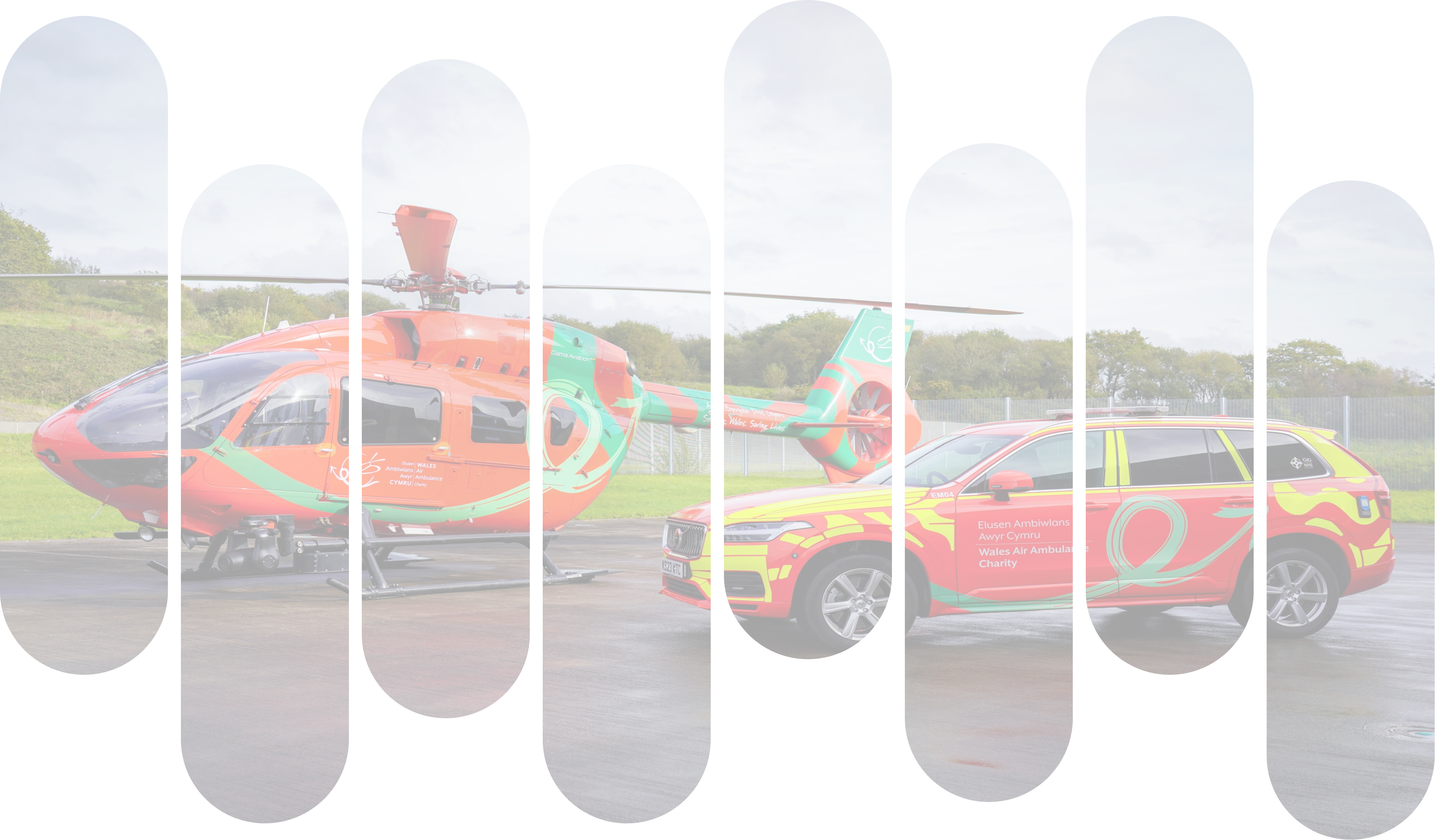
999 R.E.S.P.O.N.D.
(emeRgEncy diSPatch decisiONs in coviD-19)
P.A.R.S.E. 999
(Policy frAmeworks for 999ResponSE)
C.A.R.E. 999
(impaCt frAmework for 999 ResponsE)
999 R.E.A.C.H
(Remote support in Emergency Assistance, Clinical Healthcare)
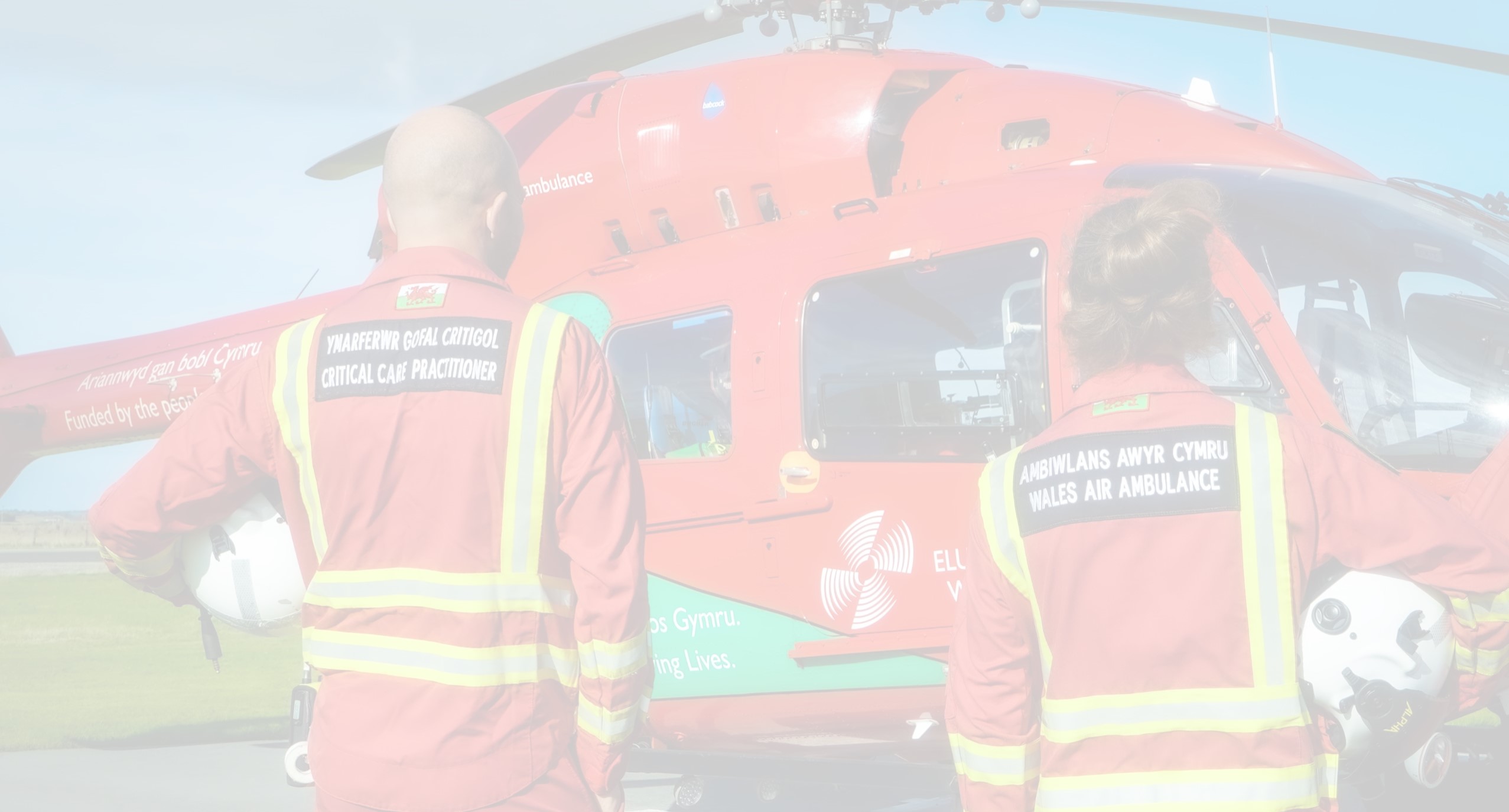
Background
What are Critical Care Teams?
Ambulance services around the UK are made up of a variety of emergency care staff, with different skills and capabilities. Elements of these services can be offered in partnership with charities enabling a greater reach. However they are often a finite resource and have financial limitations.
In addition to the familiar front-line paramedic crewed ambulances, there are a smaller number of specialist teams with extra training, equipment and expertise in treating patients with a critical care need.
These are pre-hospital critical care teams. After a 999 call is received by the call-taker, the Critical Care Hub is there to provide the best help. There are professionals such as a critical practitioner and consultant doctors interrogating the cases. They ensure a team is dispatched as quickly as possible to patients with a critical care need. This includes people who need specific medical treatment when their heart has stopped (cardiac arrest) or may risk loss of their life or limb in a major trauma (e.g., a car accident). A team can be dispatched either via road or air to help anyone in an emergency.
However, as small specialist team, it is also important that they are only sent to emergencies where they are needed. Getting the right information to make this decision in the heat of the moment can be very difficult.
Click below to view a short summary video for more insights on the kind of work that is carried out.
To view further resources, navigate to our resources tab in the header or click the following link: https://doi.org/10.31273/9781911675181Link opens in a new window
Our Programme of Work
This study looks at the way in which the decision to dispatch a critical care team is made by the teams in the ambulance control rooms.
Using scientific methods, our research group of sociolinguists and medical professionals closely examined cases where a critical care team was dispatched to an emergency.

Researchers have done this before for routine ambulance work, but we are the first to look at this in the UK for the critical care teams. The process is normally a challenge; the COVID-19 pandemic and its aftermath added even more complexities in making these decisions.
There are two areas where research is urgently needed:
1. The role of backstage clinical teams in translating the caller/call-taker interaction in their internal risk negotiation and,
2. The role of national, regional and organisational policy frameworks, protocols and regulations which directly influence how the different teams and professionals need to negotiate risk vis-a-vis institutional priorities, resource allocation and performance indicators (P.A.R.S.E.999)
A key component of this study is to look at calls before and during the pandemic. To see if COVID-19 has changed the way that critical care teams respond to emergency cases. We have looked at a selection of all 999 calls where a critical care team is sent to the scene, and we have also studied the policy frameworks of the teams involved in the management of the cases.
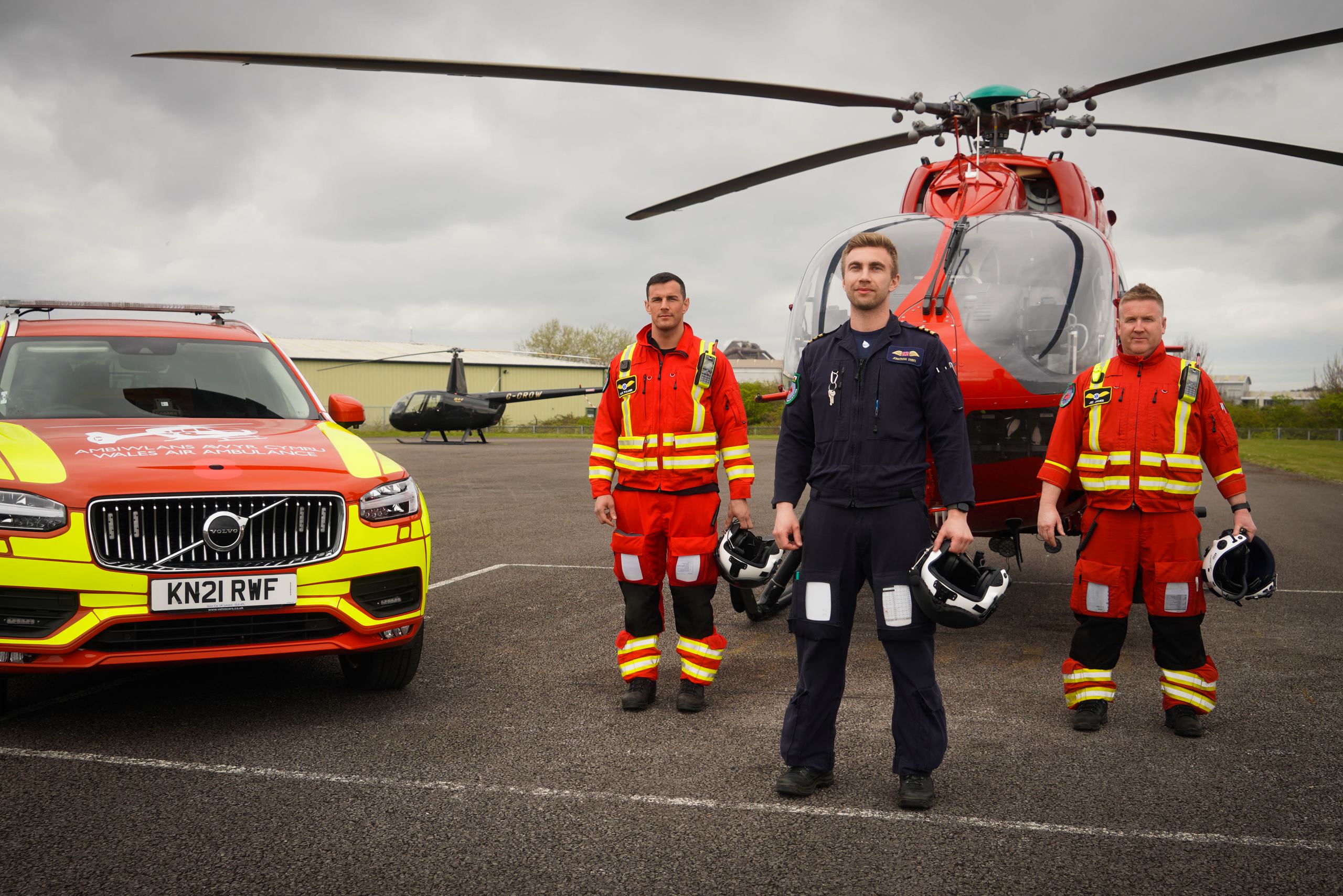
In Collaboration:

The project is funded by Health Care Research Wales -RfPPB-21-1847(P).
The 999 R.E.S.P.O.N.D. project was only possible with multiple collaborators. The work is in collaboration with Welsh Ambulance Services University NHS Trust (WAST), the Emergency Medical Retrieval & Transfer Service(EMRTS), Wales Air Ambulance Charity (WAAC), and University of Bristol.

Meet the Team

Jo Angouri
JA is Professor in Sociolinguistics and Deputy Pro-Vice Chancellor for Education and Internationalisation at the University of Warwick, UK. Jo is an interaction analyst and her research concerns, amongst others, teamwork and leadership in medical emergency settings. She has published extensively on Interactional Sociolinguistics, Identity, Decision Making and Problem Solving. Jo has attracted significant research funding for her research and led and co-led international projects. She sits on advisory boards and works as an international expert for research councils in Europe, Australia and New Zealand. She is Subject Chair for Linguistics, Language, Communication and Media on the Scopus board.

Matthew Booker
Matthew works both as an academic (Consultant Senior Lecturer in Primary Care) and in a medical leadership role in an NHS Ambulance Service. He has research interests in how interactional methodologies can shed light on the interfaces between ambulance care and other parts of the health system, and in risk negotiation in urgent and emergency care settings.
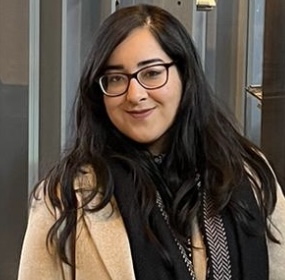
Lyba Nadeem
Lyba Nadeem is a Research assistant, with a profound passion for psychological research. With a keen focus on mental health and well-being through a qualitative approach. Her existing publications and current work showcase this passion. She uses different research methods to help multiple occupations, ranging from educating to implementing change. She showcases this by working on various projects which include, but not limited to, helping increase provisions and support towards different emergency services staff.
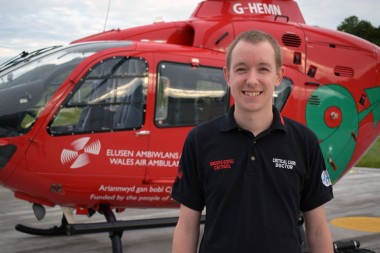
David Rawlinson
Qualifying in Medicine from Keele University in 2010, David has worked in the West Midlands and South Wales, latterly undertaking training in anaesthesia. He has a long standing interest in Pre-hospital emergency medicine, facilitating the inception of a number of regional services in the voluntary sector. This interest led to becoming involved with the setup of the Emergency Medical Retrieval and Transfer Service (EMRTS) in 2015. His full time position is a Clinical Informatics & Research Manager in the NHS, and holds an Honorary Clinical Research Fellow post with Swansea University. Interests include the use of multi-sourced linked data, and technological innovations to support healthcare.

Nigel Rees
Nigel is a Paramedic, visiting Professor at University of Warwick Medical School, and Assistant Director of Research & Innovation at the Welsh Ambulance Services University NHS Trust. He has worked in ambulance services in Wales since 1989, and is a former Wales Council member of the College of Paramedics. His research interests are many and include clinical trials, qualitative research, and use of drones and artificial intelligence in technologies in prehospital care. Nigel has collaborated to secure over 15 million in Research & Innovation (R&I) funding and has been Chief and Principal Investigator on large-scale R&I trials and projects. He has led or contributed to many book chapters and over one hundred peer-reviewed articles including New England Journal of Medicine and Lancet.
Nigel is Associate Editor of the journal PARAMEDICINE, a peer reviewer for many journals and member of many funding panels and groups such the Bevan Commission, NHS Wales R&D Leadership Group, Wales Innovation Leads, as the National Institute of Health Research Health Technology Assessment Funding Committee for Clinical Evaluations and Trials and more. He is member of the National. Nigel is a Fellow of the College of Paramedics and was awarded the Queens Ambulance Medal in the 2017 New Year’s Honours.

Shawnea Ting
Shawnea Sum Pok TING is a postdoctoral research fellow at the Applied Linguistics department, University of Warwick, UK. She conducts interdisciplinary research on service-user/provider communication and interprofessional communication in healthcare. Shawnea draws on Interactional Sociolinguistics, Conversation Analysis, Linguistic Ethnography, Reflexive Thematic Analysis, and other qualitative approaches to study communication practices, lived experiences, and policy documents, triangulating perspectives of different stakeholders. Currently, she examines risk negotiation and decision making for dispatch in Emergency Medical Services. Her doctoral research at Goldsmiths, University of London, investigated patient communication between ethnic minorities and staff in Hong Kong from a (Medical) English as a Lingua Franca perspective.
